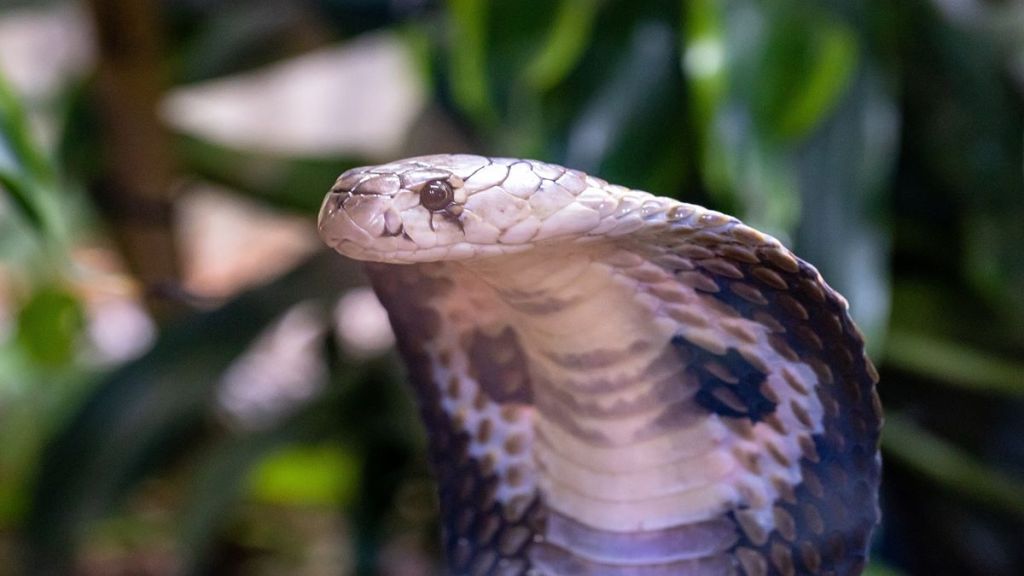Snake continues to be a neglected public health issue, especially in countries like India. According to the World Health Organization (WHO), An estimated 5.4 million people worldwide are bitten by snakes each year with 1.8 to 2.7 million cases of envenomings.
Now a study has revealed that a commonly used blood thinner could prevent lakhs of people from getting amputated after a cobra bite. A team of scientists from at the University of Sydney, Australia have found that the venom targets a molecule called heparan sulfate, which lines the surface of cells at the site of the bite, and a naturally occurring substance called heparin, which is produced by certain immune cells.
According to Tian Du and her team heparin, which is commonly administered as a drug to thin blood, can prevent the toxins from killing the cells.
The scientists conducted a study in which they exposed human skin and blood cells to the venom of two cobra species from Africa: the red spitting cobra (Naja pallida) and the black-necked spitting cobra (Naja nigricollis). Interestingly, heparin was found to be effective.
They also conducted a similar experiment on mice and they found that heparin was able to reduce the risk of tissue death. In mice, heparin “could almost completely block the local damage at the bite site”, says team member Greg Neely, also at the University of Sydney, as quoted by New Scientist.
The researchers believe the treatment could be effective for bites from many different types of cobras. However, it might not work on non-cobra species, unless their toxins use a similar chemical pathway to destroy cells.
Du also revealed that unlike existing antivenoms, heparin is stable at room temperature, which could improve access when prompt treatment is needed. This could be done via an auto-injector, such as an EpiPen, she said as quoted by New Scientist.
Interestingly, heparin can also prevent necrosis which is unlikely in the case of existing anti-venoms. It is noteworthy that heparin is an inexpensive and a World Health Organization-listed essential medicine.
In India, about 50,000 deaths occur of an estimated 3-4 million snakebites annually, accounting for roughly half such deaths globally, according to the Ministry of Health and Family Welfare. Currently, one of the available antivenom treatments in the country is the polyvalent anti-snake venom (ASV), considered effective against four common species, including the cobra.
The findings of the study were published in the Science Translational Medicine journal on Wednesday.

